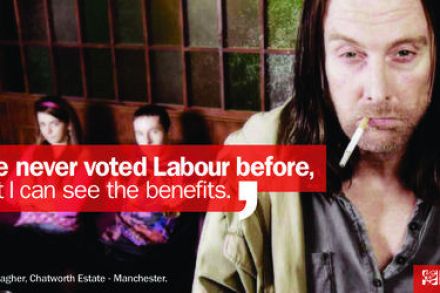Cameron for Middle England
David Cameron is a man for all seasons. The Bullingdon Club man told the men’s mag, Shortlist, how he takes a glug of Guinness, steps up to the oche, shoots 180 and then retires to watch the seemingly interminable Lark Rise to Candleford. He also likes pottering around his garden dispensing Miracle Grow with liberal conservative largesse. So it’s only fitting that the Leader of the Opposition will appear on housewives’ favourite, gardener and erotic novelist Alan Titchmarsh’s daytime TV show. This is a PR masterstroke. Brown has benefitted from his interviews with Piers Morgan and Tesco magazine, not in the polls but in terms of perceptions. Cameron will strike at undecided and reluctant

















